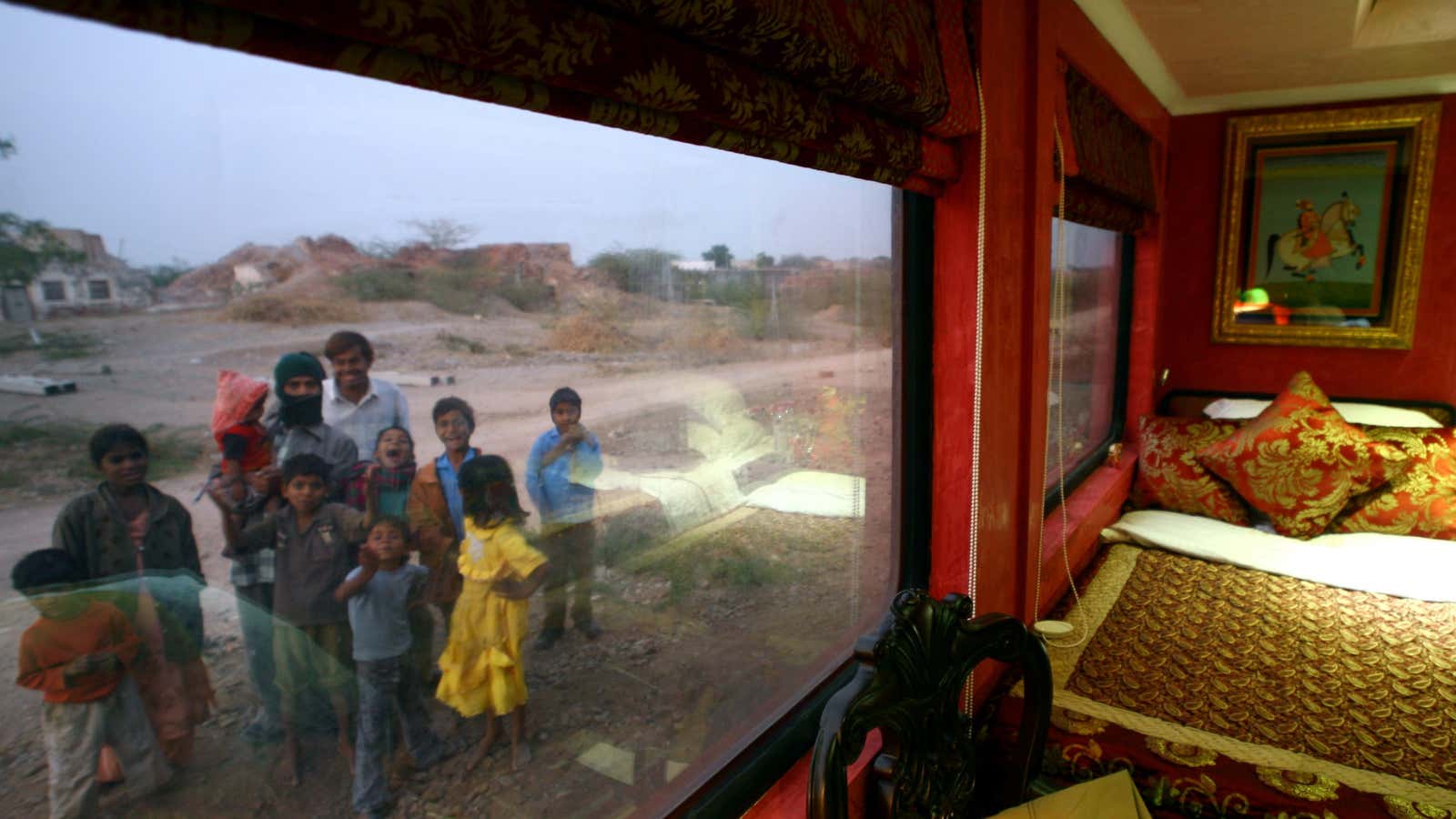The Indian political landscape is changing faster than we can grasp.
Though most people only a few decades ago believed that social and economic inequalities were unfair, the transformation in the manner in which power and domination have come to be perceived means that this is no longer the case. As a consequence, the freedoms for which individuals yearn have ironically come to be sought within the confines of neoliberalism—the ideology that supports “the extension of competitive markets into all areas of life, including the economy, politics and society.” In this changing world, the fraternity necessary for social solidarity is being experienced as cultural majoritarianism.
This has altered the conventional dynamic between the desire for security and the aspiration for freedom, the comfort of community and the rights of the individual.
The appeal of neoliberalism cannot be underestimated. Though it reduces citizens to mere consumers, it deploys the language of liberty and choice, giving individuals the opportunity to aspire to dignity and mobility by connecting them to the modern market.
Even as the idea of citizenship is hollowed out by neoliberalism, the cultural majoritarianism operating alongside claims to foster a sense of community. Though majoritarianism curbs civil liberties, it does not impose limitations on the freedom to consume. In fact, cultural nationalism and majoritarianism require neoliberal reforms precisely because they provide for political practices that move away from the language of rights and entitlements to foreground consumerism over citizenship.
‘One nation, one market’
This is evident in the manner in which the current Bharatiya Janata Party (BJP) regime is seeking to corporatise the economy through its Jan Dhan initiative to have bank accounts opened, Mudra loans to small enterprises, the drive for digitalisation of financial services and similar programmes. The BJP clearly articulated its aim to link nationalism to the economy with the slogan it used to promote the goods and services tax (GST): “One Nation, One Market.”
Since neoliberal reforms were launched in India in 1992, economic disparity has come into sharp focus. The richest 1% of Indians own 51.5% of the country’s wealth while the bottom 60% own 4.7%, according to Credit Suisse. At the same time, it must be acknowledged that these reforms have managed to push many Indians from abject poverty to tenuous inclusion.
Between 2005-06 and 2015-16, the incidence of multidimensional poverty in India was almost halved, according to a report by the United Nations Development Programme. In absolute terms, this means that more than 271 million people were lifted out of poverty in that ten-year period.
These changes have created a tiny elite even in the most vulnerable social groups. A recent International Monetary Fund report noted that the fastest intergenerational mobility today in India is not among the upper castes but among the other backward classes.
One reason that inequality does not cause great anger is the fact that many caste and class groups have moved away from assessing equality in terms of absolute levels to adopting ideas of relative mobility: they compare themselves with social groups in their immediate proximity, and judge whether they are better off than their fathers and grandmothers. This is why India’s unemployment and agrarian crises did not hurt the BJP’s electoral prospects in May.
At the same time, even as cultural majoritarian politics is eroding trust and dividing one group from another, it built on rhetoric that emphasises forging a united, stronger India. Majoritarianism creates a complex web of both inclusion and exclusion. As it excludes religious minorities from basic citizenship rights, it provides an immediate sense of inclusion for the most deprived of Hindu caste groups. So even though Dalits are today experiencing a frontal assault on their rights and dignity, many feel more included in national life than Muslims do.
Crushing of fraternity
Since this spread of inequality and the crushing of fraternity is incremental and sporadic, it does not allow for easy political alternatives to emerge. While many who subscribe to progressive politics in India correctly argue that neoliberalism leads to inequality and majoritarianism leads to masculine sectarianism, they fail to recognise the graded nature of the process.
The processes of relative mobility and incremental sectarianism make it difficult for progressive–Left forces to mobilise effective protest. Instead, anger against the state is being converted into retributive politics between social groups. After all, it is easier for the deprived groups among the Hindus to express their anger against disempowered Muslims than to the nonresponsive state. It is infinitely more difficult for marginalised castes to protest against powerful castes rather than gain acceptance into a majoritarian Hindu identity.
While reports of increasing violence have made it clear there is simmering discontent about the system, it is not inevitable that this anger will be articulated in terms of a transformative politics. Despite acknowledging the ills of neoliberalism and majoritarianism, those who practice progressive politics seem to be struggling to find clarity about how to respond to the complex web of inclusion-exclusion these forces have created. We have ended up with a circular assertion of freedom within neoliberal constraints and fraternity and solidarity within a majoritarian celebration.
This post originally appeared on Scroll.in. We welcome your comments at ideas.india@qz.com.




